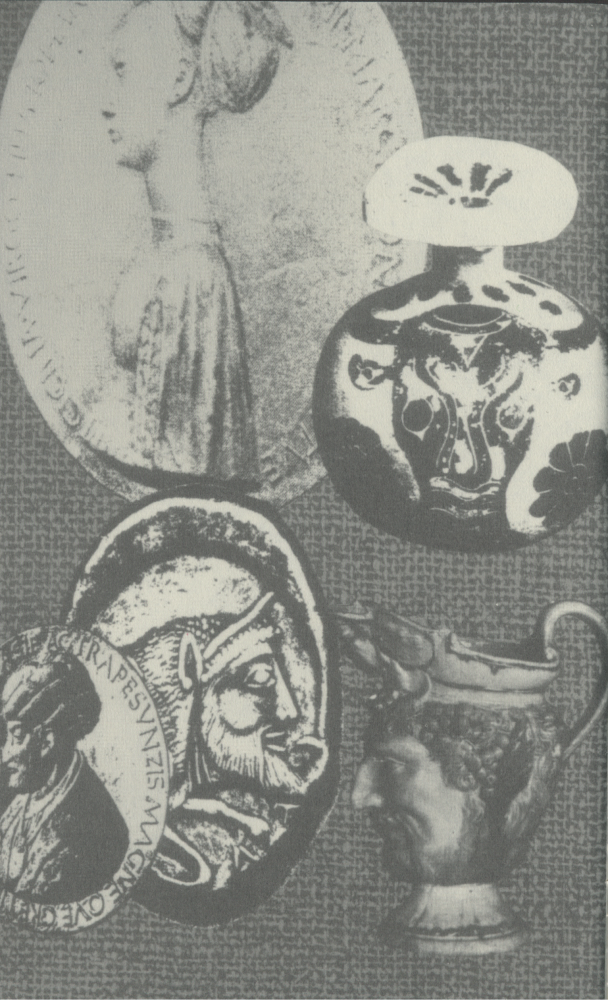


In Nature in Literary and Cultural Studies: Transatlantic Conversations in Ecocriticism, ed. Nature in Literary and Cultural Studies: Defining the Subject of Ecocriticism-an Introduction. In Imagining Outer Space: European Astroculture in the Twentieth Century, ed. European Astrofuturism, Cosmic Provincialism: Historicizing the Space Age. Evanston, IL: Northwestern University Press. In The Planetary Turn: Relationality and Geoaesthetics in the Twenty-First Century, ed. Human and Non-human Agencies in the Anthropocene. Lanham, MD: Lexington Books.ĭürbeck, Gabriele, Caroline Schaumann, and Heather Sullivan. Gabriele Dürbeck, Urte Stobbe, Hubert Zapf, and Evi Zemanek, 331–45. In Ecological Thought in German Literature and Culture, ed. Climate Change Fiction and Ecothrillers in Contemporary German-Speaking Literature. Ambivalent Characters and Fragmented Poetics in Anthropocene Literature: Max Frisch and Ilija Trojanow. Frankfurt am Main: Büchergilde Gutenberg.ĭürbeck, Gabriele. Accessed 18 January 2018.Ĭonnell, Raewyn. London and New York: Routledge.īritish Antarctic Survey. In The Routledge Handbook of German Politics & Culture, ed. Edinburgh: Edinburgh University Press.īielby, Clare, and Frauke Matthes. Strange Encounters: Embodied Others in Post-Coloniality. Malden, MA and Oxford: Blackwell Publishers.Īhmed, Sara. This is the only chapter that explicitly engages with the contested idea of “crisis of masculinity” at times of social and political, or here climate, change and questions the usefulness of this category for a discussion of masculinity in a transnational world from an ecocritical point of view.Īdams, Rachel, and David Savran. EisTau thus also begs urgent ethical questions of power, ownership, and responsibility that encourage a reconsideration of masculinity affected by moral dilemma and personal failure. The text explores the West’s awareness or ignorance, but also appropriation of otherness, yet-and this makes the text different from the other ones discussed in the book-not in terms of culture, religion, gender, or ethnicity, but in terms of nature. Ilija Trojanow’s novel EisTau (2011 The Lamentations of Zeno, 2016) centres upon a middle-aged glaciologist-cum-Antarctica tour guide whose personal crisis takes place as the global environmental disaster of melting glaciers becomes an increasing threat.

There has been a renewed interest in the male traveller as explorer since the early 2000s.


 0 kommentar(er)
0 kommentar(er)
